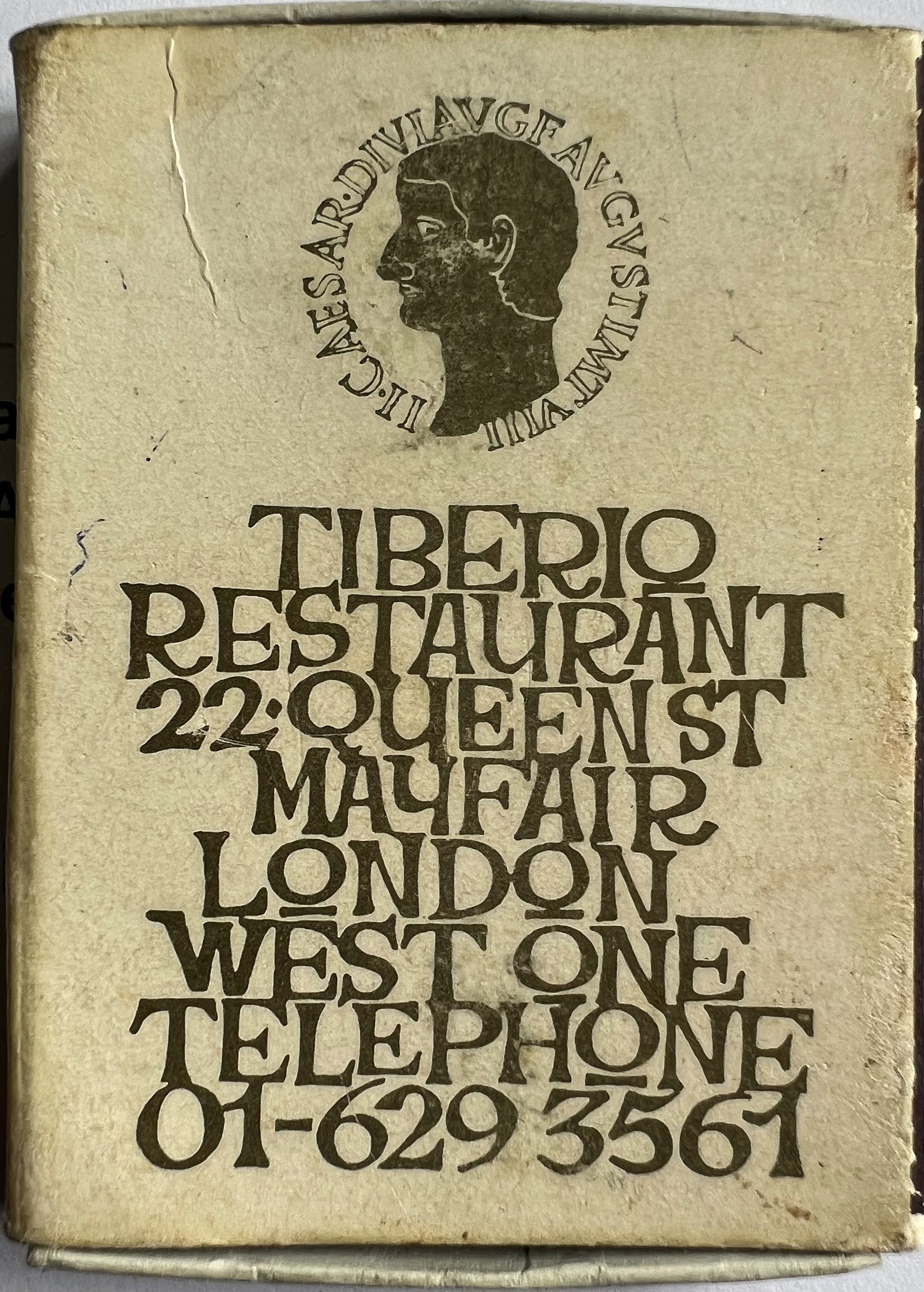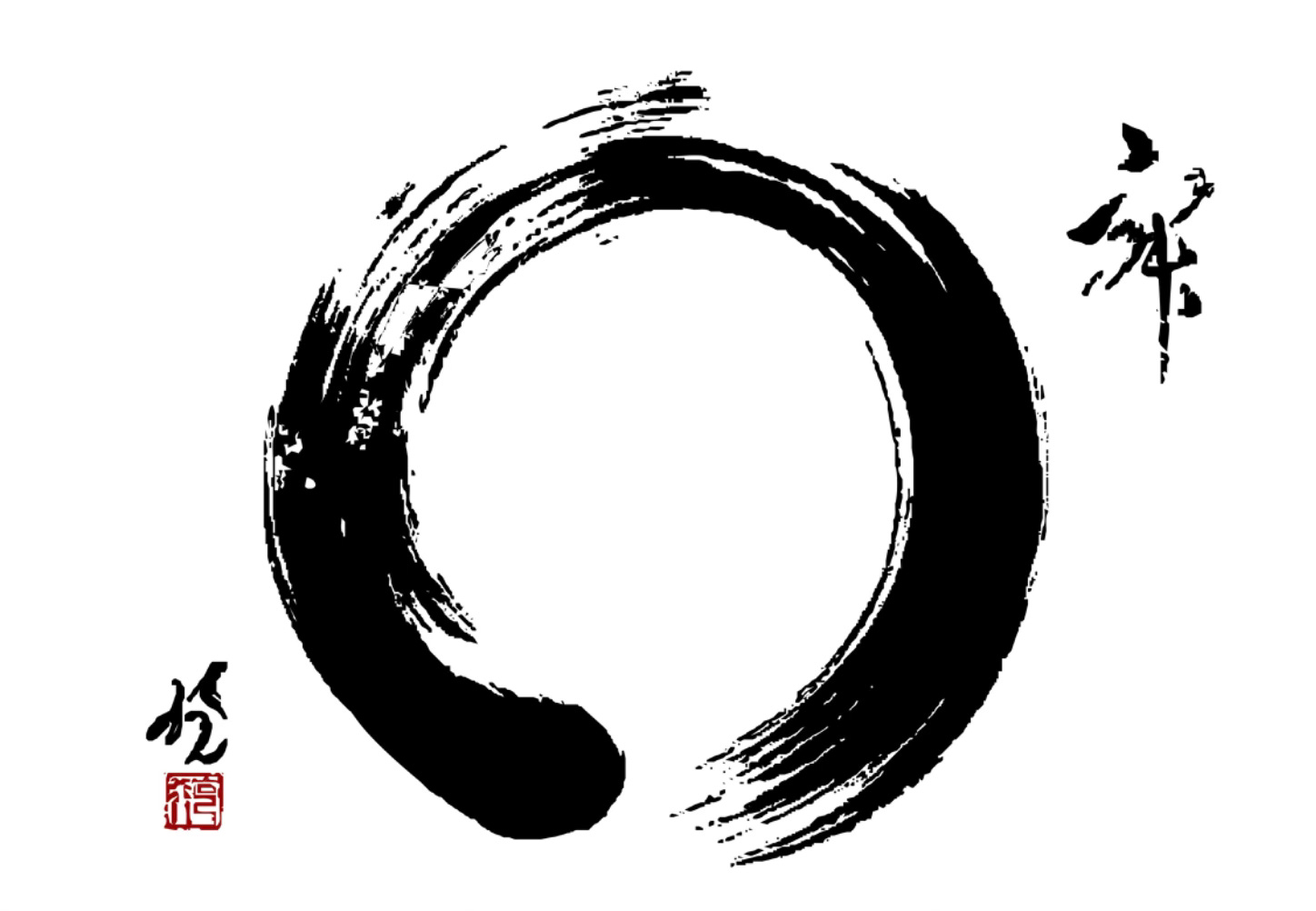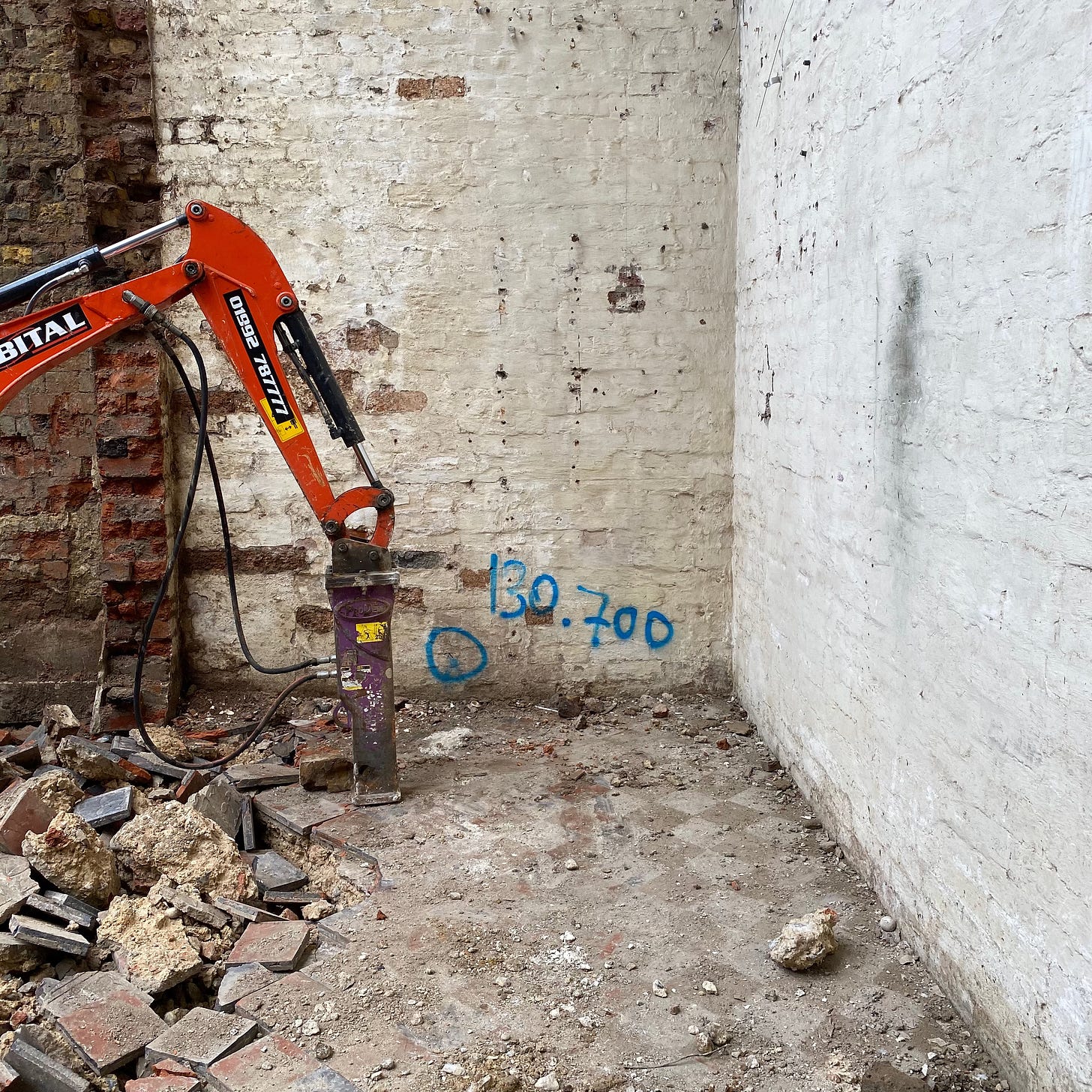Babblespeak
I was reading a report from a highly regarded management consultant recently. It was focused on the moves that CEO’s could make to sharpen their ability to manage change - undoubtedly important stuff in rapidly changing environments.
Apparently, the new required superpower is “ripple intelligence.” Seriously, stick with me. Ripple intelligence it seems, is the ability “to anticipate and judge how, when, and why contexts may interact to fundamentally disrupt the business.”
The report goes on to explain that CEOs who can discern and connect disparate events, see patterns, and anticipate distant threats or opportunities, will be more successful than those who can’t.
There’s more. Evidently CEO’s need to be aware that required decisions create “new ripples.” CEO’s who think clearly about how these new ripples will interact with the existing ripples, to create more opportunities or threats, will be more effective. Hence “ripple intelligence.”
I mean really? It never ceases to amaze me how much output from the big consultants is just common sense shrouded in jargon and fancy language. With a very large invoice attached. It’s all a bit Orwellian. The way I see it is this. In uncertain, chaotic times what might appear on first view to be threats, could well be opportunities, and what look like opportunities could actually be threats. So we need a decent filter, and clarity of thinking. These are self evidently useful qualities. But here’s the thing - we already have an excellent innate filter and like a muscle it gets better and better with use. And it isn’t “ripple intelligence.” It’s far more effective than whatever that is, and we’ve all got it. It’s called curiosity.
Curiosity
Curiosity is the ultimate superpower. In leadership and in life in general.
Curiosity is having the humility and openness to willingly and continuously learn from the world and all the wonderful and crazy people in it. It’s about leaving ego at the door and saying - “I don’t know” or “what do you think?” (the 7 most important words in leadership).
It’s about being confident enough to be vulnerable in front of others, and to admit to uncertainty, ignorance or a lack of skills. It’s having the courage to say, as I was reminded by Ralph Charlwood recently, “I don’t understand the question.”
It suggests we should examine our assumptions, opinions, and belief systems.
It’s about a willingness to develop and to change course when the evidence presents itself. I think it’s sadly lacking in much of modern business.
When David Hieatt asked me to talk at The DO Lectures back in 2014 I used photography as a way in to raise a call to arms for curiosity. So much so, and thanks to Justin Bovington, it led me directly to Goldsmiths to undertake an MA in Photography and Urban Cultures, a transition move which changed my life immeasurably for the better.
I’m thinking a lot about transformation and transitions at the moment as the chaos of unexpected change gets increasingly prevalent. One of the reasons my reward from Goldsmiths was so great, was precisely because it provided me with another positive facet of curiosity – the transcendence of fear and insecurity that appears simply by getting in the ring and starting something novel. Seeing the potential chaos but walking towards it rather than away. Add to that the feeling of jeopardy that accompanies doing something seemingly non-conforming or non-compliant, and we get a powerful cocktail for growth.
For me choosing to study art as a 46-year-old real estate developer was a game changer. Paradoxically the very thing I worried would negatively impact my business, was the very thing that gave it it’s unique and impactful edge.
So I think the power of unbounded creativity in business is under-estimated. Curiosity and imagination are the gateway drugs to creativity (which is the necessary precursor ingredient in innovation). If we want to be more effective leaders, if we want to generate more refined products and services, we need to be all-in on curiosity.
Lessons from an old school Italian restaurant:
No.1
The work I do is often informed by stuff I learned from my Dad.
He ran the Tiberio back in the day, an iconic old school Italian restaurant in Mayfair. He treated everyone the same - like royalty, like they were Frank Sinatra. Because both royalty and Frank Sinatra were regulars. But Dad taught me that everyone was deep down just the same and that they should be treated accordingly - with respect and care, which in his case he suffused with a unique playfulness in his native Neapolitan way.
He also taught me that the best dishes were almost always the simplest as long as they were made from the finest, freshest ingredients. You’ve got to know how to season son, he would say - it’s often just a tiny tweak on the seasoning that makes all the difference between a bland dish and a dish that sings.
It’s uncanny just how transferable these principles are to the world of business. The former has always informed my approach to leadership, and the latter a metaphor for how to get the best mix for teams and to ensure they are correctly seasoned.
No.2:
Back in the 1970’s the lunchtime service at the Tiberio was dominated by two types of business customers. They sat at very different points of a cultural spectrum. The first were the Japanese men from Toyota, Sony and Mitsubishi who were rapidly growing their businesses into the West. The second were the Saudi Arabian oil man who were making hay after the oil price shocks of 1973. Dad always said that there was a third culture that was the most important of all, and that was the culture of the restaurant itself.
His job was to ensure that all customers were accommodated in a way that respected their cultural mores, but were never allowed to dominate, such that other guests felt less comfortable. The culture of the restaurant was consistent, however ‘powerful’ or ‘important’ anyone might be.
The Tiberio had been set up by Mario Cassandro and Franco Lagattolla (more on them another time). They had been waiters too and one of their secrets was not to overthink things but to trust their instincts. Just like the greatest artists make art for themselves and trust that others will gravitate to it, these boys did the same with restaurants.
Not an easy balance to achieve.
Dad always regarded being in service to others as being the greatest privilege. Notwithstanding the economic reality of his work, I don’t think he was ever subservient. He saw himself as a conductor with the ability to facilitate good music. Dad knew intuitively, in the same way Ben Zander of the Boston Philharmonic did, that you’ve got to make sure your players eyes are shining. He used to say what could be more exciting or rewarding than having control of the experience of each guest, which may be the most joyful they had that day, week, month or even year.
So when the CEO of Sony Europe gave Dad a quiet nod towards the end of a meal he would know it was time to remove his place setting so that our man from Japan could confidently place his head in his hands and take a 20 minute nap right there at the table, signalling to the rest of his team they could loosen up and start drinking the Chivas Regal in earnest.
Or when a Saudi Sheikh really wanted a main dish that wasn’t on the menu, Dad would make a hurried call to a Neapolitan pal around the corner, then dispatch a young waiter to the Savoy to collect two veal cutlets. Forty minutes (and a lot of sprinting) later, two beautifully presented veal plates, dressed in butter and crisp sage leaves and accompanied by a side of sauté potatoes, would appear at the table, served with a wide Neapolitan smile.
Sometimes I think Dad must have been like a top club DJ - his skill was in reading the room and creating a mix which ensured that everybody enjoyed the vibe, in communion, and whatever circumstances prevailed.
The lesson in all of this? Be confident to play to your strengths and trust your instincts. And more than anything else remember, it’s never about you, it’s always about the customer.
Zen in the art of leadership
Dad had a bit of Zen in him I think. Certainly if you take John Heider’s view on the Tao of leadership1:
“The wise leader is of service: receptive, yielding, following. The group member's vibration dominates and leads, while the leader follows. But soon it is the member's consciousness which is transformed. It is the job of the leader to be aware of the group member's process; it is the need of the group member to be received and paid attention to. Both get what they need, if the leader has the wisdom to serve and follow.”
The burden of love
I had a raw conversation yesterday with a creative partner who has become a friend. We dredged up some hard stuff. What she’s doing for her partner is crucial and driven by compassion and love, but these things take a heavy toll. She’s never once let any of it get in the way of carrying a cheerful, professional demeanour into her work, or our frequent personal interactions. She said she’d read something that gave her huge inspiration in the eye of the storm - something like we break our own hearts in the process of saving our souls. Wow. It reminded me of something Jung said and I sent it to her - “the wounded healer heals best.” And then, later, she texted me this response:
“Tonight that thought certainly acts like a salve.
In the mix of a whole load of emotions and feelings about a whole load of emotions and doings, I’m trying to not figure everything out, because I know I couldn’t even if I wanted to right now. But I do know that I won’t let those dark figures take the best of me with them.
So thank you for being careful with me before you even knew you had to.”
You are a Princess JJ x
Finds from this month’s excavations….
Comedy | Peter Sellers was a regular at the Tiberio. A titan of humour, my Dad loved him.
Comedy | Daniel Piper is killing it on Substack.
Poetry | Dear old Kurt Vonnegut’s poetry assignment.
Poetry | Here’s Billy Collins’ masterful poem of remembrance for the 9/11 terror attack victims.
Music | I’m having a big Van Morrison phase. Astral Weeks is in my top 5 albums of all time. Enjoy. I also love his much less heralded 1997 album The Healing Game. What do you think?
Music | The vinyl revival – a statistical analysis
Leadership | How to be a tough guy, Joe Alberici style.
If you’ve got this far thank you for your attention. If you haven’t thank you anyway. I’ll never take your time or attention for granted. Please drop me a line to share any thoughts or ideas on these ramblings - carlo@carlonavato.com.







